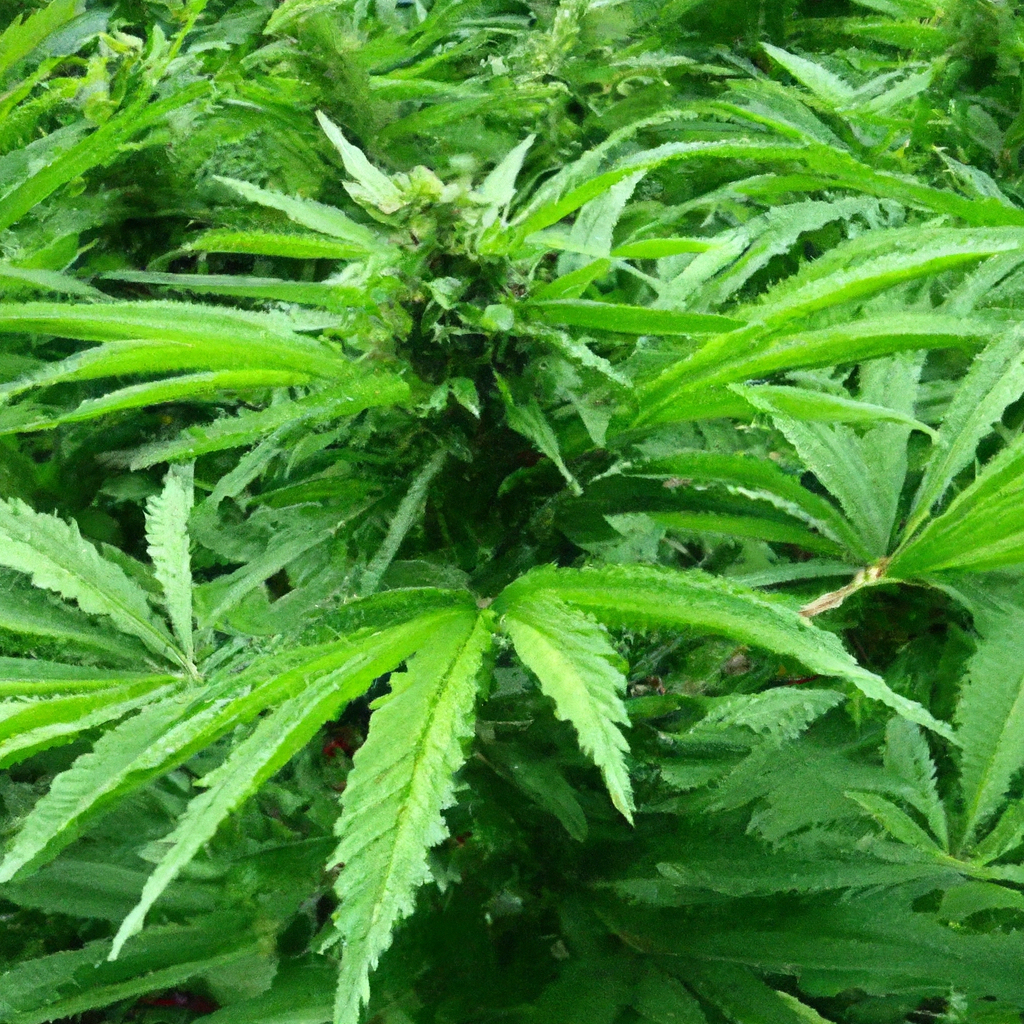Your cart is currently empty!
Organic cannabis cultivation offers a sustainable way to grow cannabis while improving soil health and reducing environmental impact. By focusing on natural fertilizers, compost, and pest control methods, growers can produce top-quality cannabis that benefits both the consumer and the planet. This guide will explore best practices for building a healthy soil ecosystem, promoting sustainability, and avoiding synthetic chemicals.
Building a Rich Soil Ecosystem
Soil is the foundation of any successful organic cannabis grow. A thriving soil ecosystem ensures plants receive the nutrients they need while supporting beneficial microbial life. Here are some essential practices:
- Compost Utilization: Incorporate well-decomposed compost rich in organic matter, providing nutrients and improving soil structure.
- Cover Cropping: Use cover crops like clover or alfalfa to fix nitrogen in the soil and prevent erosion.
- Soil Testing: Regularly test soil to monitor nutrient levels and pH, adjusting amendments as necessary.
Natural Fertilizers and Amendments
Organic fertilizers nourish your cannabis plants naturally, free from synthetic chemicals. Here are some go-to options:
- Bone Meal and Blood Meal: Great sources of phosphorus and nitrogen, supporting root growth and foliage development.
- Fish Emulsion: An easy-to-absorb liquid fertilizer rich in nitrogen, promoting lush vegetative growth.
- Kelp Meal: Supplies a variety of micronutrients and hormones that enhance plant resilience.
Sustainable Pest Control Strategies
Keeping pests in check is crucial without resorting to harmful chemicals. Here are sustainable practices for managing pests:
- Beneficial Insects: Introduce predators like ladybugs or predatory mites to control pest populations naturally.
- Companion Planting: Plant garlic, basil, or marigolds nearby to repel pests and attract beneficial organisms.
- Naturally Derived Sprays: Use neem oil or insecticidal soap as non-toxic solutions for problematic infestations.
Promoting Sustainability in Operations
Emphasizing sustainability is key to the long-term success and ethical integrity of a cannabis cultivation operation:
- Water Conservation: Implement efficient watering techniques such as drip irrigation to reduce water waste.
- Renewable Energy: Utilize solar panels or wind turbines to power your operations, minimizing carbon footprint.
- Closed-Loop Systems: Incorporate waste recycling processes and energy-efficient systems to minimize resource consumption.
Conclusion
Organic cannabis cultivation is not only a responsible approach to growing but also enhances the quality and safety of the final product. By building healthy soil ecosystems, using natural fertilizers, implementing sustainable practices, and employing biological pest controls, growers can create a flourishing cultivation environment. This method benefits the environment and ensures a high-quality, safer product for consumers, fostering a more sustainable cannabis industry.
Discover more from Magic Clones
Subscribe to get the latest posts sent to your email.


Leave a Reply